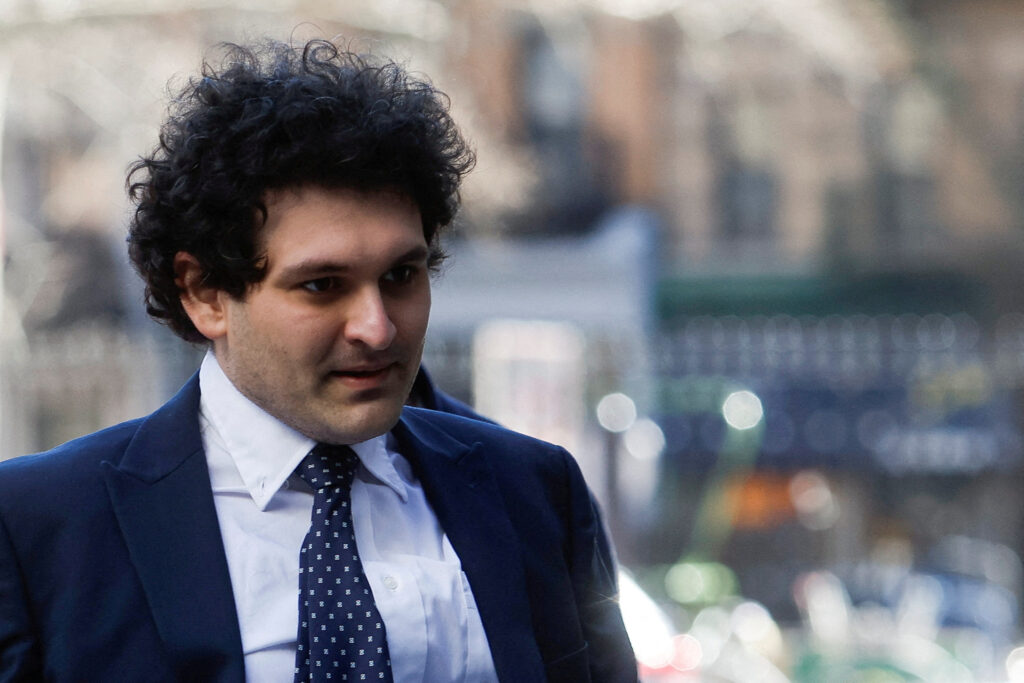Sam Bankman-Fried has appealed his 25-year fraud conviction, citing judicial bias during his trial. His defense claims that Judge Lewis Kaplan’s conduct unfairly influenced the jury.

Sam Bankman-Fried, the founder of the collapsed cryptocurrency exchange FTX, has officially appealed his fraud conviction, seeking a new trial based on judicial prejudice in the most notorious fraud in crypto history.
Bankman-Fried was sentenced to 25 years in prison by U.S. District Judge Lewis Kaplan in March 2023 after being convicted in November 2022 of seven counts of fraud and conspiracy related to FTX’s downfall.
According to a Bloomberg report, Bankman-Fried’s defense team is currently contending that Kaplan’s actions during the trial unjustly influenced the jury.
Alexandra Shapiro, Bankman-Fried’s new attorney, has stated in a 102-page appeal filed with the Second Circuit Court of Appeals that Kaplan’s remarks during the trial were biased, a revelation that has shocked many in the crypto space.
Shapiro claims that the judge’s “biting comments” and “derisive remarks” undermined Bankman-Fried’s credibility in front of the jury. Sam Bankman-Fried was never presumed innocent during the trial, according to Shapiro.
She emphasized that the trial’s outcome was substantially influenced by Kaplan’s behavior toward the defense, which rendered it impossible for Bankman-Fried to receive a fair hearing.
Allegations of Procedural Errors
The appeal also emphasizes procedural errors, such as Judge Kaplan’s obstruction of critical defense evidence. Bankman-Fried’s attorneys contend that the judge forbade them from presenting evidence of his investments in ventures such as Anthropic, which could have demonstrated that he still possessed valuable assets at the time of FTX’s collapse.
Additionally, the appeal asserts that Kaplan unlawfully ordered asset forfeiture and denied Bankman-Fried access to “Brady material,” which is evidence that could have been advantageous to his defense.
The defense team also alleges that the Department of Justice (DOJ) has been excessively involved with the FTX bankruptcy estate, which, they contend, has prevented Bankman-Fried from accessing critical evidence.
They argue that the court declined to investigate whether the estate and its legal team acted as a “arm of the prosecution,” which adds layer of alleged inequity.
The Defense’s Argument for Financial Recovery
Bankman-Fried has maintained that FTX was not insolvent during its bankruptcy filing throughout the trial. He said the FTX estate has recovered considerably since the bankruptcy proceedings began, indicating that customers did not permanently lose their money.
Nevertheless, the defense contends that Judge Kaplan prevented them from presenting this argument in court, providing the jury with an incomplete image.
Bankman-Fried’s appeal is primarily predicated on these allegations of procedural errors and judicial prejudice. The appeals process will determine whether the convicted FTX founder is granted a new trial or is sentenced to serve a 25-year prison term.
